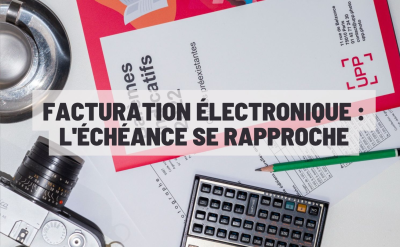News

AI Act adopted by MEPs
Following approval by the Committee on May 11, the European Parliament yesterday (June 14) adopted its version of the AI Act, which will provide a legal framework for the use of artificial intelligence in the European Union, by 499 votes to 28, with 93 abstentions . The aim is "to make Europe the spearhead of AI that is transparent, respects fundamental rights and reflects European values", according to Thierry Breton, European Commissioner for the Internal Market, who co-sponsored the text with Margrethe Vestager. " We needto act quickly and assume our responsibilities" because "AI raises many social, ethical and economic questions".
The European IA Act aims to limit the risks created by AI technologies. Unsurprisingly, it was on "high-risk AI" that Parliamentarians focused their attention. MEPs have extended the list of prohibited AIs to include biometric surveillance, emotion recognition, facial image mining for database management, and predictive policing.
As for generative AI (production of video, text, image, sound or text from a "prompt" proposed by the user), their activity is also envisaged by the MEPs. The main measures are as follows
- any company managing a generative AI system must assess and mitigate potential risks to health, safety, fundamental rights, the environment, democracy and the rule of law) ;
- It must register its model in the EU database before placing it on the European market;
\ It must comply with transparency requirements, and in particular mention "in an appropriate, clear, visible and timely manner" that the content is generated by AI, and help distinguish fake images from real ones (article 52);
- As far as possible, it should give "the name of the natural or legal person who generated or manipulated" this content;
- It must offer guarantees against the generation of illegal content;
- it must make public a detailed summary of the copyrighted data used for its training (article 28 ter);
However, not all the concerns of authors and rights-holders have been heard, far from it: at this stage, Article 4 of the DAMUN Directive of April 17, 2019 still authorizes AIs to use copyright-protected content available on the web to train AIs, without their consent and without remuneration. The only way out for authors is to opt out, which theoretically allows them to request that their works be excluded from training data. However, no practical modalities have been laid down to enable right-holders to exercise this opt-out right.
What's more, the text makes no provision for compensating right-holders for the use of their AI-protected works.
Last but not least, AI systems are still under no obligation to inform rightsholders of the uses made of their protected works.
A trialogue phase involving the Council of the European Union, the Commission and the Parliament is now underway, with the aim of producing a final text.
European authors, through their professional organizations, are working to inform and question MEPs about the risks raised by generative AI on the veracity of information, copyright, image rights and the protection of personal data.
To find out more and consult the text adopted by the European Parliament on June 14: Draft IA Act.







No comment
Log in to post comment. Log in.